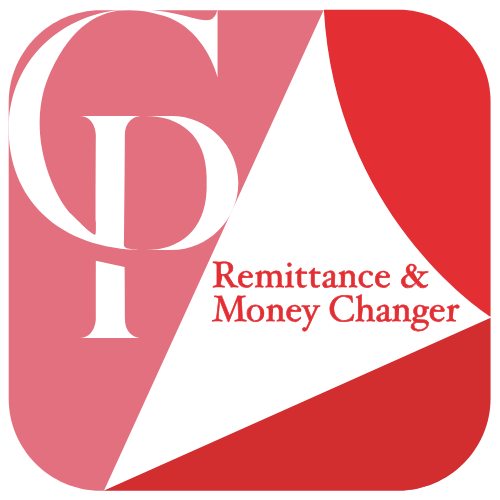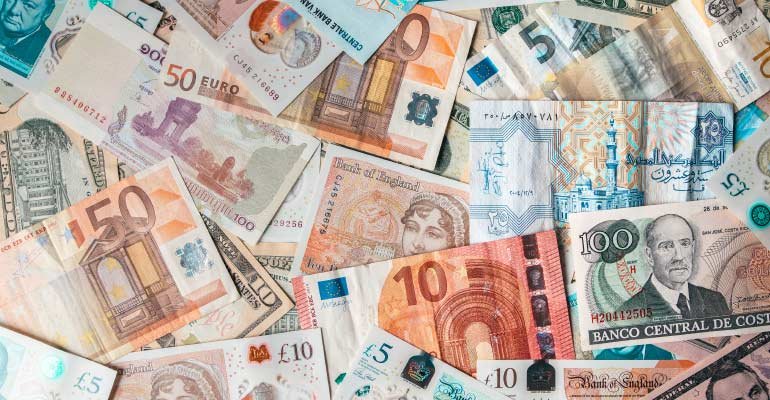Currency exchange is a vital aspect of global commerce and travel, enabling individuals and businesses to convert one currency into another. Whether you’re planning a trip abroad, engaging in international trade, or investing in foreign markets, understanding currency exchange can help you make informed decisions and maximize your financial outcomes. This blog will explore the fundamentals of currency exchange, the factors that influence exchange rates, and essential tips for navigating the currency exchange process.
What is Currency Exchange?
Currency exchange refers to the process of converting one currency into another at an agreed-upon exchange rate. This process occurs in various contexts, including:
- Travel: Tourists often need to exchange their home currency for the local currency of their destination to pay for goods and services.
- International Trade: Businesses involved in importing and exporting goods must exchange currencies to settle transactions.
- Investments: Investors may exchange currencies when buying foreign stocks or real estate.
How Currency Exchange Works
Currency exchange occurs in a decentralized market known as the foreign exchange (Forex) market. This market operates 24 hours a day, five days a week, and facilitates currency trading between banks, financial institutions, corporations, and individual traders.
Key Terminology:
- Exchange Rate: The value of one currency in relation to another. For example, if the exchange rate is 1 USD = 1.30 AUD, it means one US dollar can be exchanged for 1.30 Australian dollars.
- Bid and Ask Price: The bid price is the amount a buyer is willing to pay for a currency, while the ask price is the amount a seller is asking for it.
- Currency Pair: Currencies are traded in pairs, such as USD/EUR, indicating how much of the second currency is needed to purchase one unit of the first currency.
Factors Influencing Exchange Rates
Several factors can influence currency exchange rates, including:
- Economic Indicators: Economic data, such as GDP growth, unemployment rates, and inflation, can impact a currency’s value. Strong economic performance typically strengthens a currency.
- Interest Rates: Central banks set interest rates, which can affect currency value. Higher interest rates offer better returns on investments denominated in that currency, attracting foreign capital and increasing demand.
- Political Stability: Countries with stable governments and strong legal systems tend to have stronger currencies. Political uncertainty can lead to currency depreciation.
- Market Speculation: Traders’ perceptions and expectations about future economic conditions can influence currency demand and, consequently, exchange rates.
- Global Events: Natural disasters, geopolitical tensions, and economic crises can create volatility in currency markets, affecting exchange rates.
Tips for Currency Exchange
- Research Exchange Rates: Before exchanging currency, research current exchange rates through reliable financial news sources or currency converter tools. This will help you identify favorable rates.
- Choose the Right Exchange Method: Options for exchanging currency include banks, currency exchange kiosks, and online services. Each method has its pros and cons regarding fees, convenience, and exchange rates. Compare options to find the best fit for your needs.
- Be Mindful of Fees: Currency exchange providers often charge fees or offer less favorable exchange rates. Be aware of these costs, as they can significantly affect the amount of money you receive.
- Consider Timing: Exchange rates fluctuate throughout the day based on market conditions. If possible, monitor rates over time to identify trends and make informed decisions about when to exchange.
- Use Local Currency: When traveling, it’s often best to use the local currency for purchases to avoid unfavorable conversion rates that may occur when using credit cards or foreign currencies.
Conclusion
Currency exchange is an essential aspect of our interconnected world, facilitating travel, trade, and investment. By understanding how currency exchange works, the factors influencing exchange rates, and best practices for exchanging currency, you can make informed decisions that enhance your financial outcomes. At CP Trading & Consulting Services, we offer expert guidance on currency exchange and related financial services. Contact us today to learn more about how we can assist you in navigating the complexities of currency exchange!

